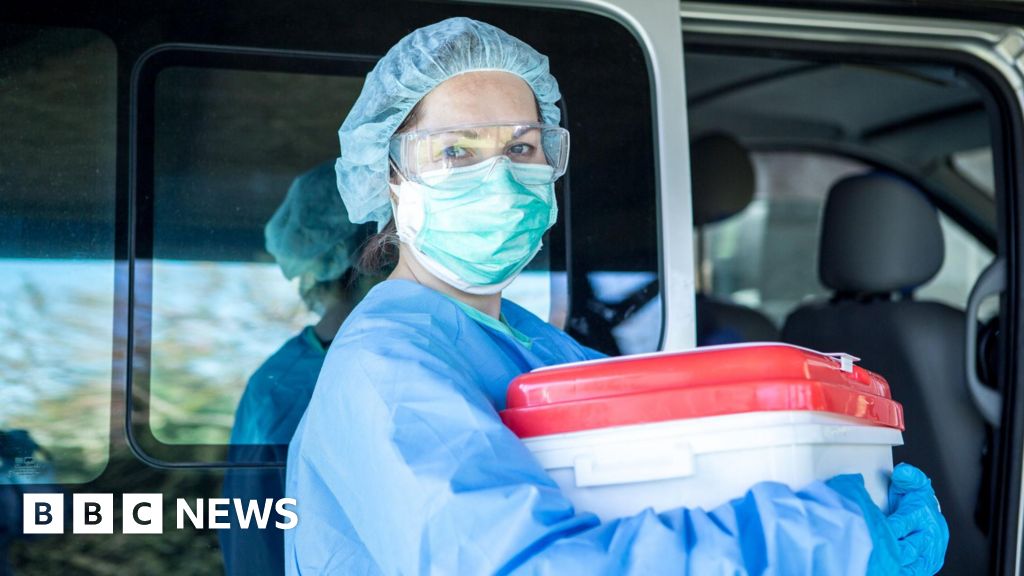Introduction to Organ Donation
A mother from Surrey, whose two young daughters needed heart transplants, has highlighted the importance of organ donation after her children spent time on the waiting list. According to new figures from NHS Blood and Transplant, there are 8,096 patients on the transplant waiting list, the highest number ever recorded. This includes 95 people in Surrey, and does not account for the 3,883 patients who are temporarily suspended from the list.
Personal Experience with Organ Donation
The mother, whose daughters Lucie and Isobel are now 16 and 10, said she owes their lives to organ donors and is urging more people to join the register. Lucie and Isobel each had a heart transplant after being diagnosed with dilated cardiomyopathy, a condition in which the left ventricle is enlarged and weakened. Lucie was diagnosed at the age of two, while Isobel was diagnosed seven years later. Lucie received a new heart within eight days of being on the list, while Isobel waited for 10 days.
The Importance of Organ Donation
The disease meant that both children had enlarged hearts, which made it possible for them to receive a heart from an older child. The mother said that the experience was "terrible" and that she was not previously on the donor register. However, after her daughters’ transplants, she realized the importance of organ donation and is now urging others to join the register. She said, "I think you can’t be ready to take something without being ready to give something back."
Life After Transplant
Another patient, who received a heart transplant, is now leading a full life. The 52-year-old was born with hypertrophic cardiomyopathy, a condition in which the muscle tissue of the heart is thickened without an obvious cause. He started to experience symptoms in his 20s and reached a crisis point in his mid-40s. He said that if he hadn’t received a transplant, he wouldn’t have survived for long. He was on the waiting list for four weeks and received a new heart at the age of 46. After the transplant, he felt completely rejuvenated and was able to return to sports.
The Opt-in System
The opt-in system, which was introduced in 2020, allows individuals to register their wishes regarding organ donation. However, even if someone has registered, their family’s consent is still required for donation to take place. One patient said that it’s essential for families to discuss their wishes and make them known, as they hold the "ultimate key" to donation. He added that if something happens, the family has to be involved, and they have to agree to donation.

